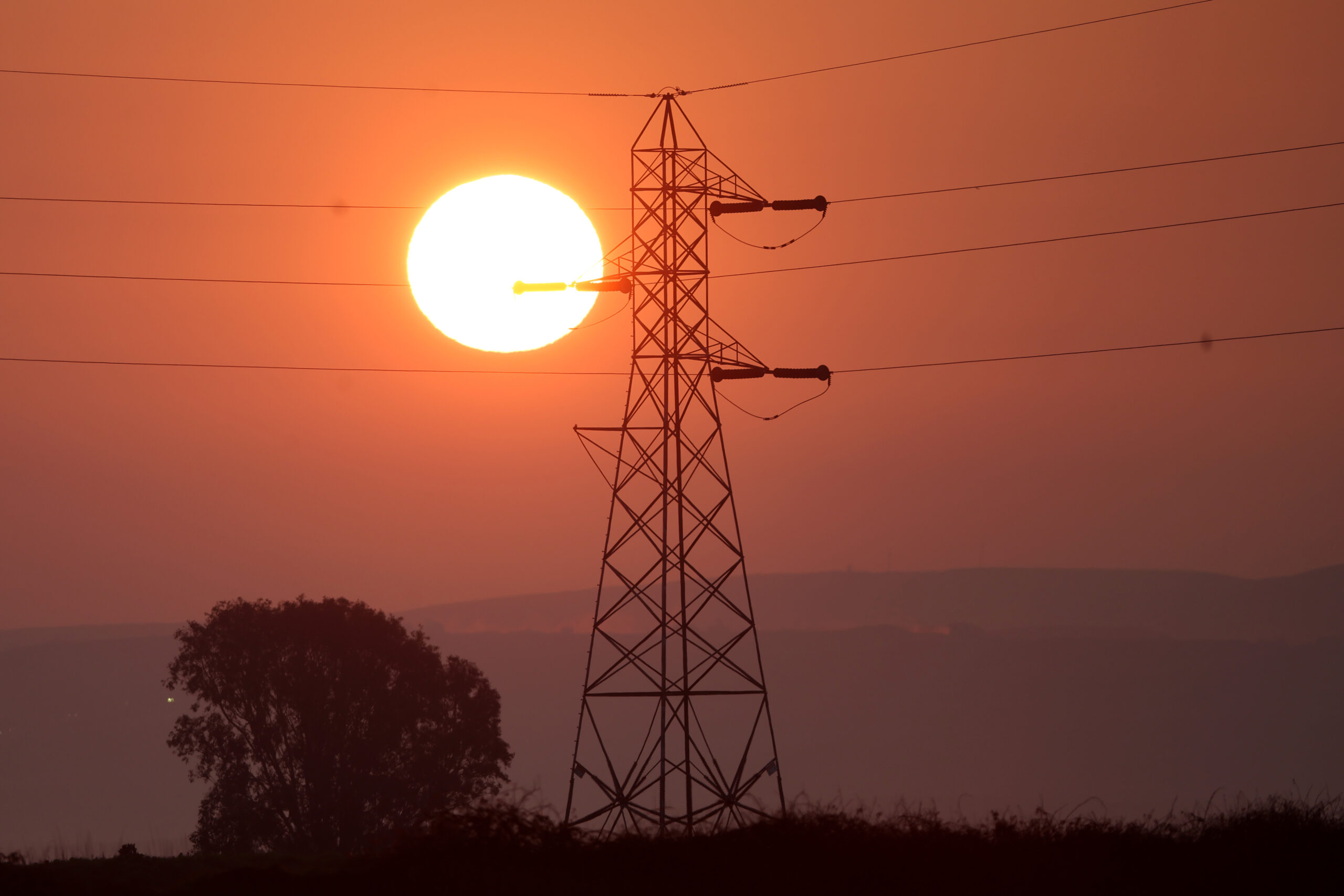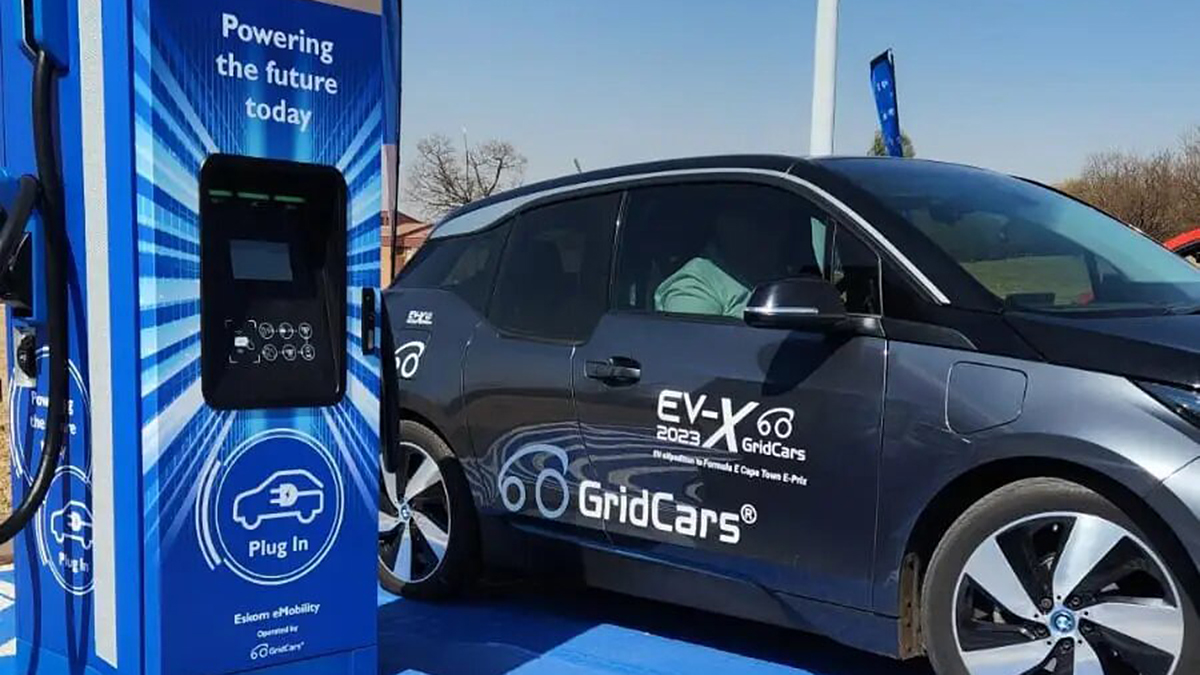Household electricity bills in Singapore are set to experience a surge in 2024, primarily due to an escalation in carbon taxes imposed on power generation companies. According to forecasts from the National Climate Change Secretariat (NCCS), the higher carbon tax could potentially lead to an average monthly increase of $4 for a four-room Housing Board flat.
Tax Hike Details
Commencing in 2019 at $5 per tonne of emissions, Singapore’s carbon tax is scheduled to rise significantly to $25 per tonne in 2024, marking a substantial jump from the current rate. The upward trajectory continues, with plans to further increase to $45 per tonne in 2026, and a projected range of $50 to $80 per tonne by 2030.
Impact on Household Electricity Tariffs
NCCS calculations indicate that each $5 increment in carbon tax could result in a corresponding 1% increase in household electricity tariffs. As a result, consumers might experience an overall rise of about 4% in electricity bills in 2024. It is important to note that electricity retailers have yet to disclose specific details regarding the impending price changes.
Transition Period and Regulatory Framework
The carbon tax, initially set at $5 per tonne for a five-year period until 2023, served as a transitional phase for facilities emitting a minimum of 25,000 tonnes of emissions annually. The forthcoming adjustments aim to align with Singapore’s commitment to addressing climate change and promoting sustainable practices.
Consumer Choices and Regulatory Options
Households in Singapore have the option to select a price plan from an electricity retailer or purchase power from SP Group at the regulated tariff established by the Energy Market Authority. This flexibility allows consumers to make informed choices based on their preferences and budget considerations.
As Singapore prepares for these carbon tax increments, households should be mindful of potential changes in electricity costs and explore available options to manage their utility expenses effectively.
Source: straitstimes.com





